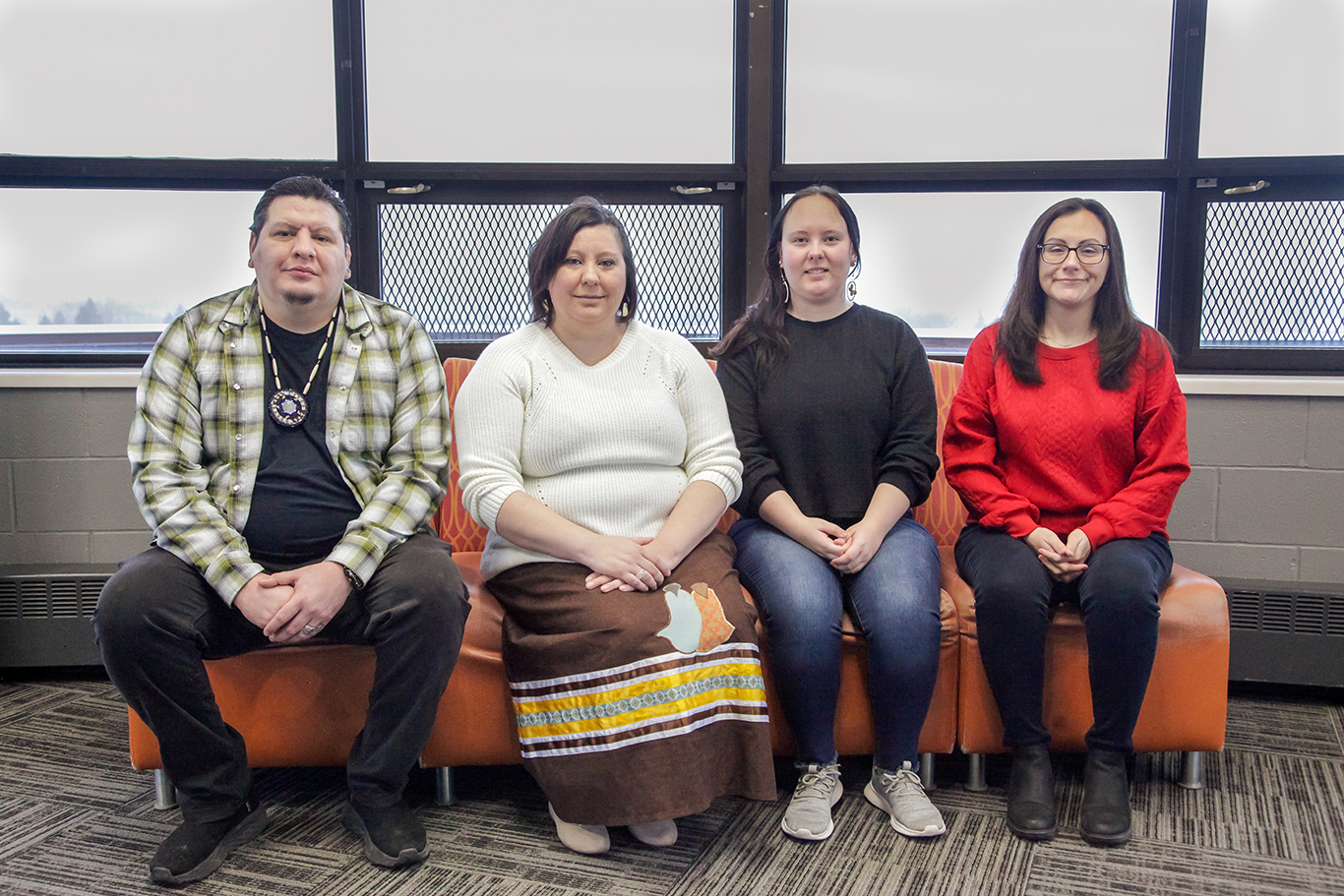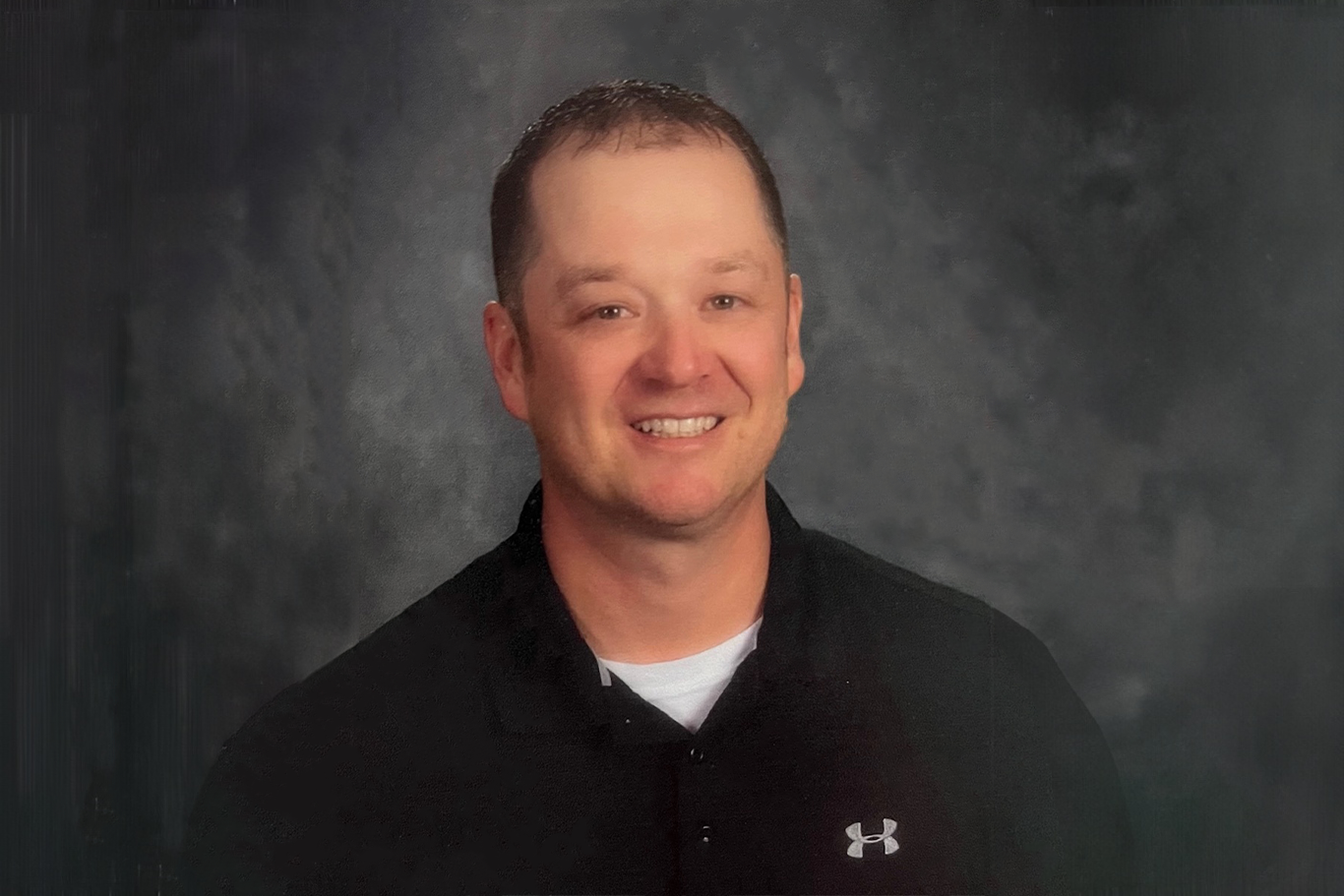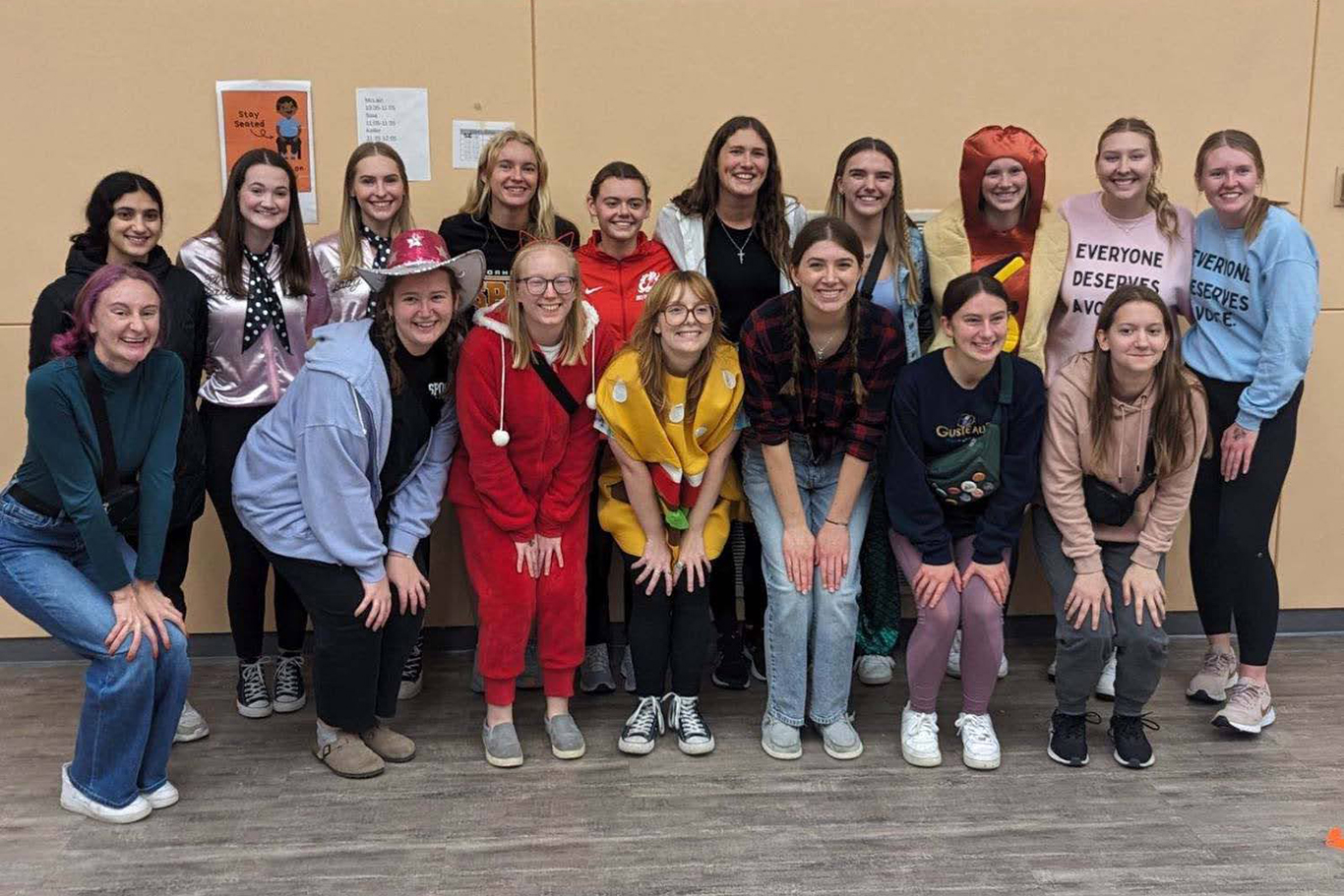Thinking About the Whole Child
With COVID-19 vaccine distribution underway, the pandemic’s worst effects seem nearly behind us. Jen Sahr, however, is one of many local educators who are preparing for aftershocks that may continue long after the concerns of physical illness fade away.
Sahr is coordinator of multi-tiered system of supports (MTSS) at Fargo Public Schools. She works closely with teachers and parents to identify students who need an extra boost with their social and emotional well-being.
She leads MTSS teams that brainstorm ways to compassionately teach each child in the system. When a child experiences a difficult situation, it can alter brain development. Sahr’s goal is to intervene early so students learn how to handle stressful situations appropriately.
“Any time we can provide additional emotional support or skills to our students, it will be beneficial,” Sahr says. “We can help them learn to be resilient.”
Those goals have become even more important in a COVID-19 environment.
Sahr has been in her role at Fargo Schools for a decade. Before that she taught first grade. In 2002 she earned her master of science in special education from Minnesota State University Moorhead where she enhanced her enthusiasm for educating students with unique learning needs.
“I fell in love with problem-solving,” she says. “Providing students with what they needed to learn became my passion.”
Sahr recently returned to MSUM to pursue her doctor of education in educational leadership. She began the doctoral program because she desired a new challenge. Now, she finds that her research and classes are providing her with the foundation she needs to identify and address post-COVID challenges.
“I apply what I’m learning every single day at work,” she says. “I have a better understanding of how we can piece together resources and ideas to better impact the lives of kids.”
While young people have a lesser risk of becoming seriously ill from COVID-19, their mental health has not gone unscathed. Like others in the community, they have experienced a number of losses – connections, time together and pre-pandemic routines.
In response to those losses, Fargo educators are already seeing more anxiety and depression, Sahr says. Sometimes, students and their parents try to avoid the stress by self-medicating, resulting in substance abuse.
These responses to stressful situations aren’t surprising.
“From the day you’re born, you’re dependent on others,” Sahr says. “That’s why so many of us have felt lost during COVID-19. A lot of our relationships outside the home have been severed.”
Sahr encourages families to build on the relationships that haven’t been lost during the pandemic. Doing activities together at home like reading, talking and laughing build trust and comfort during stressful times.
Schools are supporting those efforts with MTSS. In Fargo, educators teach lessons related to social-emotional learning. If students need additional help building those skills, specialists will work with them individually or in small groups. Families also may be connected with community resources like therapy or services that provide basic needs.
“We’re fortunate to live in this community,” Sahr says. “We have many resources and wonderful community agencies that are willing to do what they can to help others be successful. Lots of people are stepping up and helping support families. It makes a difference.”
In the end, Sahr’s goal is to prepare kids for their futures whether there’s a pandemic or not. Students who are respectful and mentally well are better able to learn what they need to learn to succeed, she says.
“We’re always thinking about the whole child,” Sahr says. “Academics are important but you can’t think critically or problem solve if your social-emotional well-being isn’t in place.”
Make Sure Your Story Is Heard
Let us know how your life has been changed by being a Dragon: tell us your MSU Moorhead story today!
Send Us Your Story


